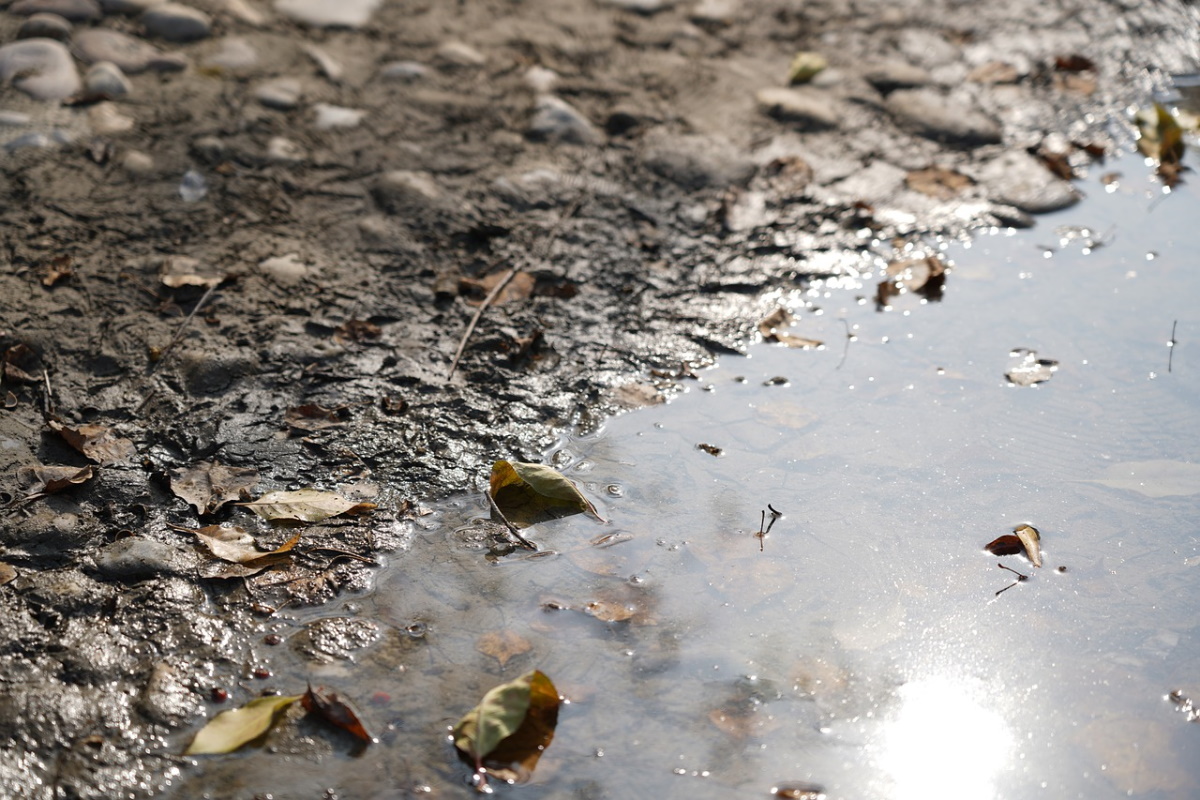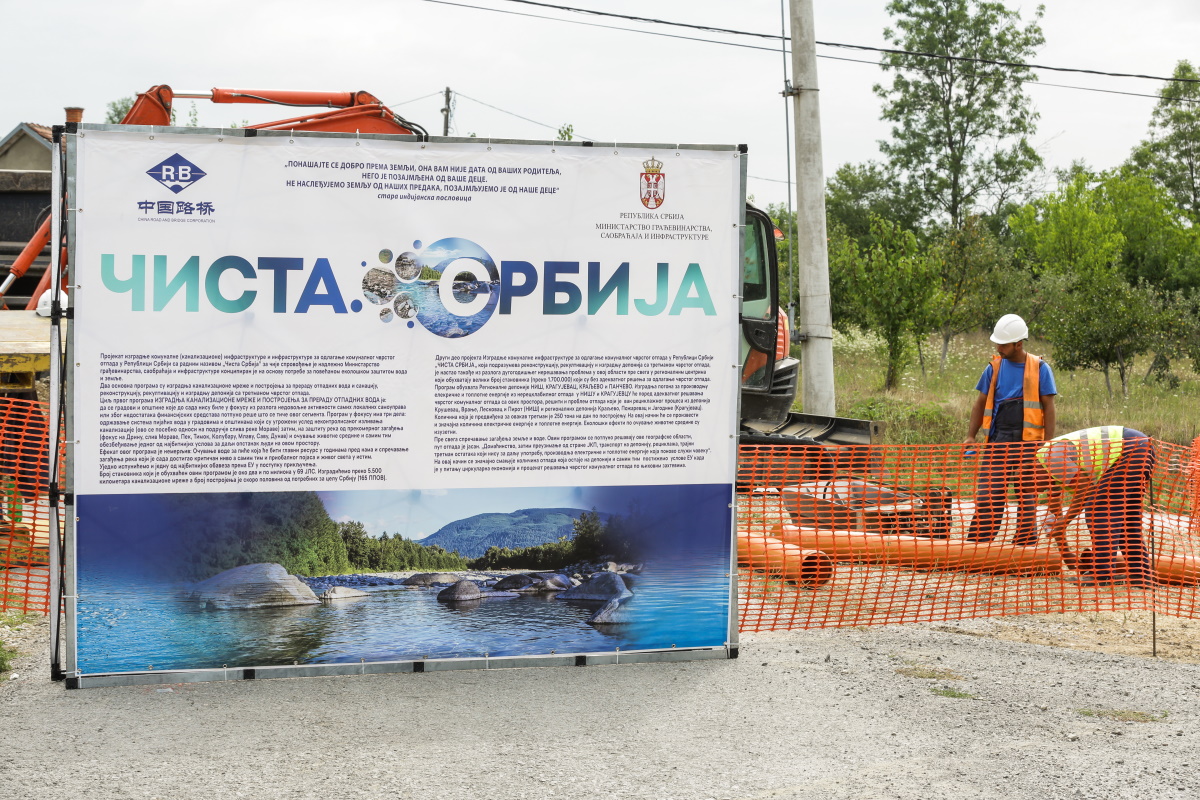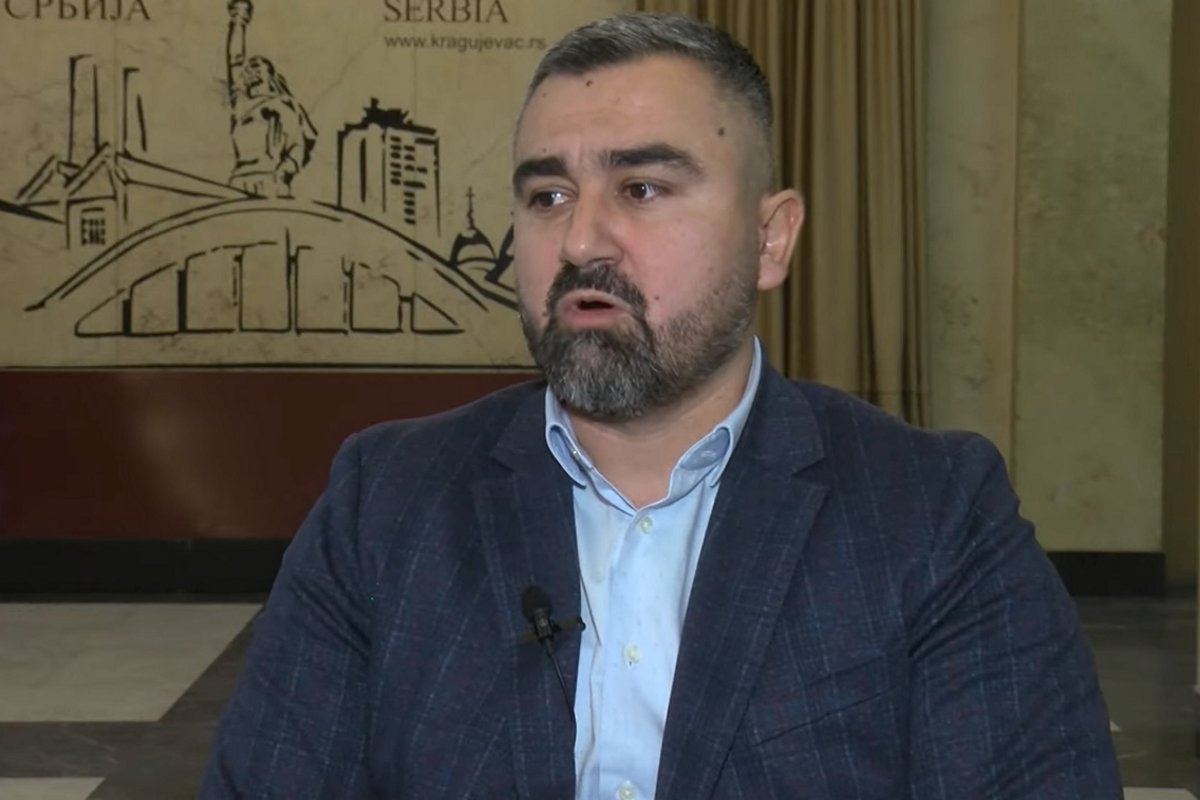The pollution of our rivers affects not only the health of the population and the natural environment, but also has an economic impact.
At one time, the president of the World Bank, David Malpass, warned precisely about the economic impact of water pollution. “Deteriorating water quality is holding back economic growth and exacerbating poverty in many countries”. As he explained, when biological oxygen demand — an indicator that measures organic pollution found in water — exceeds a certain threshold, the region’s gross domestic product (GDP) growth within the connected water basins drops by a third.
Washington D.C. – The World Resources Institute’s reports that nearly 1.8 billion people in seventeen countries, or a quarter of the world’s population, are heading toward a water crisis – with the potential for severe shortages in the next few years.
These two data are a serious warning that more attention should be focused on water protection.
Just one of the obvious examples of how water pollution affects the economic situation of any country is agriculture. Using contaminated water for watering or flooding arable land with contaminated water affects yield reduction. The decrease in yield is reflected in the need for imports. The state will have to allocate more money for that purpose.
Groundwater pollution affects the quality of the water that reaches our plants where water is purified for drinking, however, certain substances that can be found in polluted water are difficult to purify because affects the quality of the water we drink. All this requires greater investments in the mentioned facilities. If a local self-government is in a situation where it invests large amounts of money instead of preserving its waters in order to bring the same water to the status of drinking water, there will be no allocation for other forms of community development, the price of water will be drastically higher, which will also affect the budgets of the citizens of that areas. Reduced budgets will then affect the settlement of tax and other payment obligations, which inevitably has its echo in state budgets.
The WHO estimates that around 2 billion people have no choice but to drink water contaminated with feces, exposing them to diseases such as cholera, hepatitis A and dysentery. A greater number of illnesses requires greater investments in health care and the suppression of epidemics, the spread of diseases, which also affects the budget and economy of the state.
The facts therefore clearly show that we can influence the country’s GDP by our own attitude towards water. By reducing river pollution, we will enable not only the health of the population and ourselves, not only preserve the food chain, but also more even economic development.
In addition to the efforts of the state to keep this protection process under control, the influence of the citizens themselves is of immeasurable importance. More responsibility will make us richer in every sense.









